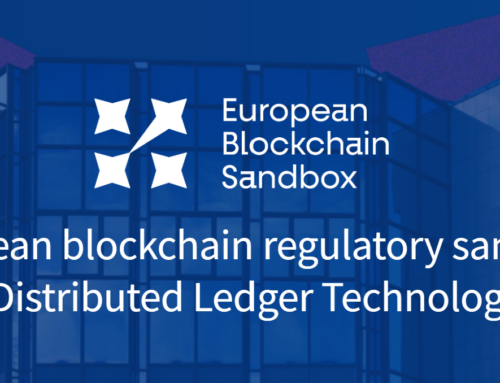The Markets in Crypto-Assets Regulation (MiCA) has officially come into effect, marking a significant milestone for the European cryptocurrency landscape. While concerns of overregulation persist, many experts see MiCA as a long-term catalyst for increased investment and market maturity.
MiCA: A Step Forward for Crypto Regulation
MiCA is the world’s first comprehensive regulatory framework for cryptocurrencies, providing clear guidelines for crypto-asset service providers. Officially enforced as of December 30, 2023, the regulation is expected to increase investor confidence and attract institutional funds into the sector.
According to Dmitrij Radin, founder of Zekret and CTO of Fideum, the new framework will ultimately benefit the industry:
“Long-term, [MiCA is] absolutely positive. Every regulation helps us to mature the market. It will drive more funds and more users.”
Stricter Compliance for Retail Investors
While the regulation benefits the industry as a whole, it is likely to place a greater burden on retail investors, who will face stricter data collection requirements and potential crypto taxation laws. Radin noted that most European users will now be required to provide more personal and financial data for compliance purposes.
Governments are also expected to increase enforcement actions against noncompliant blockchain platforms, potentially leading to legal cases in the early implementation phase of MiCA.
Institutional Adoption on the Rise
Despite concerns over regulatory hurdles, major financial institutions are preparing for MiCA’s full implementation. Among them:
- Societe Generale, one of the world’s largest banking groups, has partnered with Bitpanda to launch a MiCA-compliant stablecoin, EUR CoinVertible (EURCV).
- MoonPay, a prominent crypto payments provider, recently secured a MiCA license in the Netherlands on December 30.
What’s Next for the Crypto Industry?
MiCA’s introduction is expected to shape the future of digital finance in Europe, setting a precedent for global regulatory frameworks. While it may bring short-term challenges, it is likely to boost institutional confidence and promote the long-term growth of the crypto sector.
As Europe positions itself as a leader in digital finance regulation, the implementation of MiCA could attract more crypto investment while ensuring a safer, more transparent financial ecosystem for users and businesses alike.









